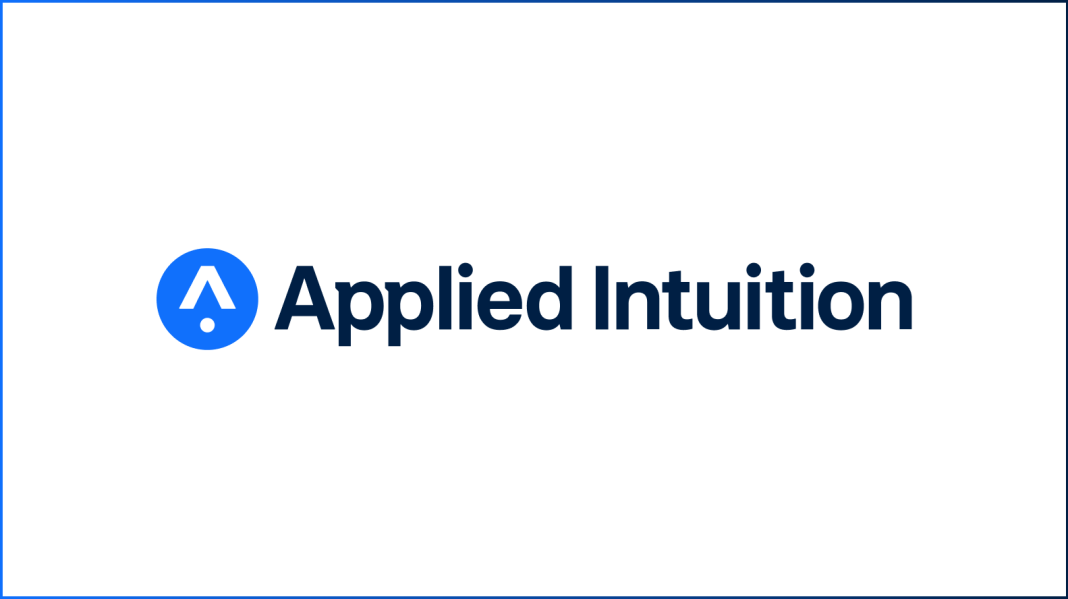Applied Intuition, a vehicle software supplier, has officially announced the launch of a new automated parking development solution, which is tailor-made for advanced driver-assistance systems (ADAS) and automated driving (AD). According to certain reports, the stated solution comes decked up with an ability to develop, test, and deploy ML-based or classical automated parking systems (APS) up to 12 times faster than normal, all while maintaining an optimal level of safety and reliability throughout the process. To understand the significance behind such a development, though, we must try and understand how automotive original equipment manufacturers (OEMs) and Tier 1 suppliers currently have to face several challenges in the context of developing APS, including diverse operational design domains (ODDs), unpredictable vehicle and pedestrian movement in parking lots, and nonlinear vehicle dynamics. Making the whole thing even more important is, of course, the need for highly accurate 360-degree sensor and perception coverage, a need which often mandates the use of advanced machine learning (ML) techniques like birds-eye-view (BEV) perception or occupancy networks.
Talk about how Applied Intuition’s latest brainchild will solve such a conundrum, the answer begins from its pledge of empowering ADAS and AD development teams to enhance APS safety and reliability, and at the same time, reduce time to market. This it does, for starters, through pre-constructed ODD taxonomies, test suites, and maps, basically forming a combination which allows development teams to customize simulations as per their program needs. Next up, Applied’s automated parking development solution brings to the fore a 360-degree sensing and perception testing facility. The stated facility is to function alongside multi-sensor software-in-the-loop (SIL) and hardware-in-the-loop (HIL) simulation to effectively model sensors like ultrasonics and fisheye cameras. Then, we have the prospect of data mining and curation where one can optimize data-driven AI/ML development by rapidly assembling new training datasets that, on their part, target specific model weaknesses.
“Safe and reliable APS can have a huge impact on driving comfort and convenience. Automated parking should be a smooth everyday experience, but it’s hard to get right and most existing systems don’t work well outside the dealer lot demo,” said Peter Ludwig, CTO and Co-Founder of Applied Intuition. “Applied Intuition is empowering OEMs and Tier 1 suppliers to develop next-generation APS that work outstandingly well anywhere a vehicle can park and offer the best possible experience for drivers and passengers.”
Hold on, we still have a few bits left to unpack. Having touched on its training datasets, the solution also offers synthetic parking datasets that are in place primarily to train ML-based perception. This training service, markedly enough, involves targeting of specific edge cases and data gaps originally identified in model testing and dataset curation. Moving on to the solution’s realistic simulated vehicle dynamics and behaviors, they can accurately model low-velocity and high-steering-angle vehicle behavior in unstructured parking lots. Given the nature of that, these dynamics and behaviors are able to facilitate the testing of all planners and training of ML-based planners. Rounding up highlights is the product’s knowhow for cloud orchestration, something which can go a long distance to allow simulation tests to be executed at scale across an ODD.
Alongside developing efficient APS at a 12x faster clip, the solution will also reduce cloud simulation costs by up to 70%, and improve the performance of ML-based perception on target edge cases by an estimated 3x.














